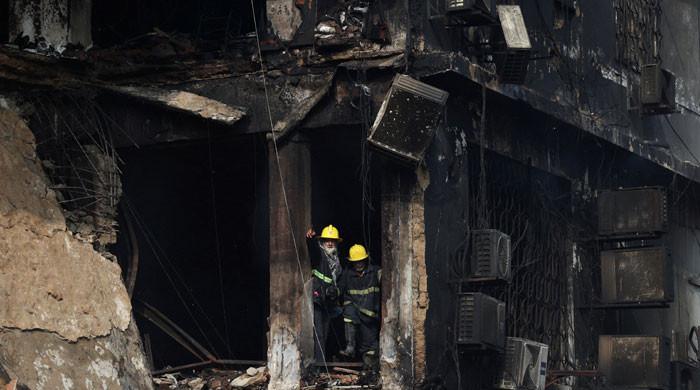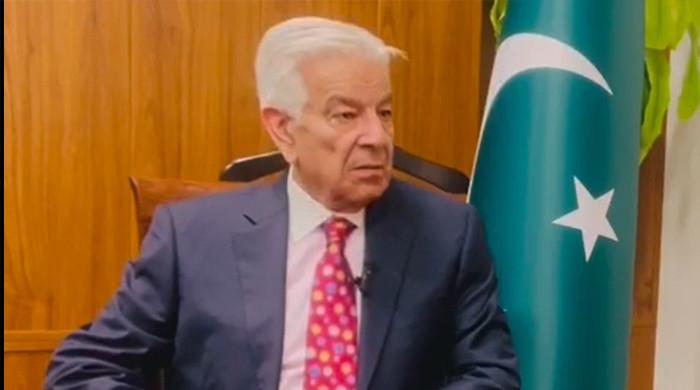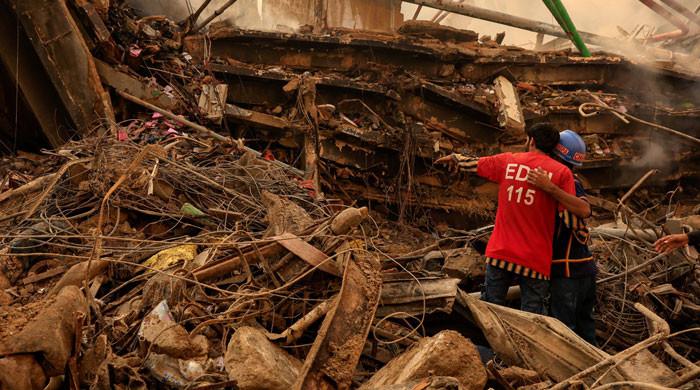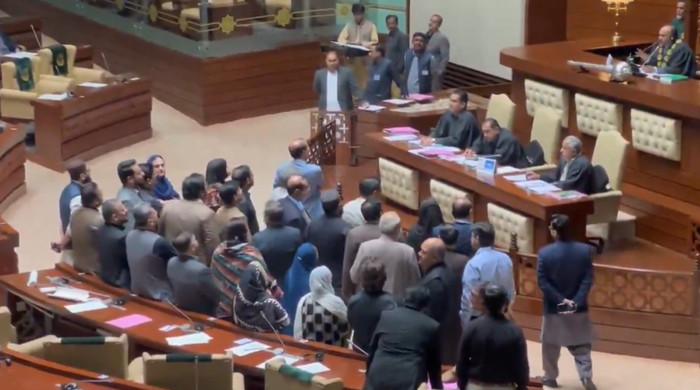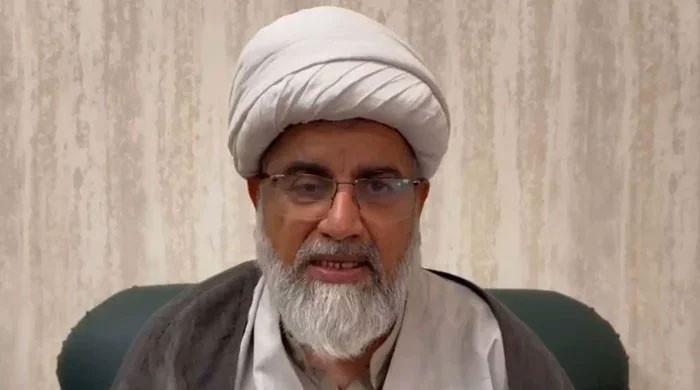Health experts call for two-week strict lockdown to curb COVID-19 spread
Doctors also highlight the need to develop a model that can help patients in recovering from the contagion with home isolation
June 14, 2020
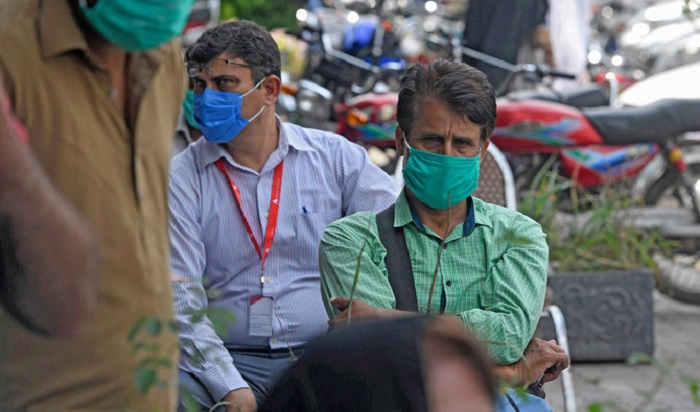
Health experts on Sunday called for a strict lockdown for at least two weeks in order to contain the rapid spread of the coronavirus, noting that cases had sky-rocketed after an ease in restrictions during Eid-ul-Fitr last month.
While speaking on Geo News, Dr Osama Khalid said: "If we want to control the contagious virus, we must go under a lockdown again. If the government cannot impose a complete lockdown due to economic setbacks then they should strictly ensure the implementation of precautionary measures."
Dr Qaiser Sajjad noted that the World Health Organisation (WHO) has also suggested a lockdown in Pakistan after a mushrooming of cases.
In view of this, a two-week lockdown will provide an opportunity for the health sector to prepare and devise a plan to combat the disease in the coming days, said Dr Saad Niaz.
"If someone does not abide by the precautionary measures, hefty fines should be imposed," Dr Sajjad underscored.
Maintaining that every coronavirus patient cannot be treated at the hospitals due to lack of resources and saturated health facilities, Dr Farheen Ali said that we need to develop a model that can help patients in recovering from the contagion while they isolate at their homes.
Also read: Pakistan's coronavirus cases to hit one million by end July if SOPs ignored: Asad Umar
In this regard, Dr Sajjad added that about 80-85% of coronavirus patients recover from the disease but people need to exercise precautions all the same while they isolate at homes.
"Coronavirus patients should consult a doctor before taking any medication for the virus," he emphasised.
The health professionals said that there is no specific cure for coronavirus, however, on experiencing symptoms, patients should immediately consult their doctors and should not wait for the condition to get worse.
"If the patient has a fever during coronavirus, take fever medication, but remember, antibiotics do not cure COVID-19," said Dr Ali.
She stressed on the need for patients to share their diagnosis if the tests come back positive, rather than hiding the fact that they have contracted the virus.
'Cases to hit one million by end July'
Earlier in the day, Minister for Planning and Development Asad Umar had warned that if the carelessness of citizens in following standard operating procedures continues, coronavirus cases might climb up to 300,000 by the end of this month and to a million by end July.
Umar had stressed that there is a radical need to bring a change in attitude towards the virus on an individual and collective basis, and that wearing masks is mandatory for slowing down the spread of the disease.
"Studies suggest that the pace of the virus' spread could decrease by 50% by covering the mouth alone," Umar stated, adding that social distancing is equally valuable for combating the disease.
Raising concerns that the country's health system would be paralysed in the coming days if adequate and timely measures are not taken to stem the virus, Umar underlined that the government would carry out a targeted lockdown in the areas most-hit due to coronavirus and would impose stricter curbs there.
Cases see record single-day jump
According to the health ministry, Pakistan broke its previous record for the biggest single-day jump in COVID-19 cases today, reporting 6,825 new cases across the country over the last 24 hours.
With the latest rise in cases, the total number has risen to 139,230.
Moreover, another 81 people lost their lives to coronavirus in the last 24 hours, raising the death toll to 2,632.
On a positive note, nearly 52,000 patients have recovered in the country so far.




